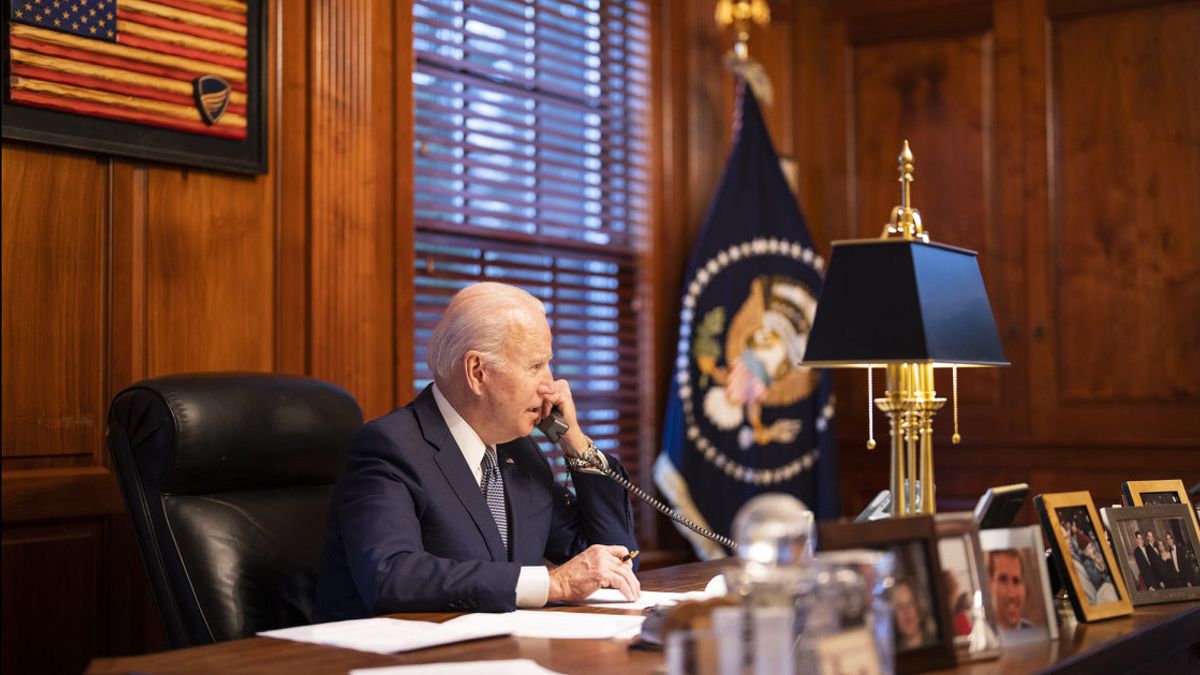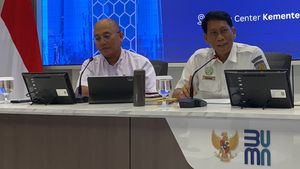JAKARTA - United States President Joe Biden and Russian President Vladimir Putin warned each other that escalating tensions in Ukraine could risk damaging relations between the two countries, speaking by telephone Thursday, officials from the two countries said.
However, both leaders look set to move forward with further diplomatic engagement after their second call this month.
"He made clear that the United States and its allies and partners would respond decisively if Russia invaded Ukraine further," White House press secretary Jen Psaki said in a statement.
Meanwhile, President Putin told President Biden that any sanctions could cut ties between Russia and the United States and would be a grave mistake, the Kremlin said.
But Kremlin aide Yuri Ushakov said Russia was satisfied with their phone conversation, which he said centered on the security guarantees Moscow wants from the West amid a buildup of Russian troops near the Ukrainian border.
While previously, Kremlin spokesman Dimitry Peskov in his statement to reporters before the conversation between the two leaders, implied the material and the results achieved would not be disclosed to the public.
"This time it's about a telephone conversation, a normal phone call. Thus, there will be no public share," Peskov quoted TASS as saying.
However, Peskov said the conversation requested by President Putin was very clear from the start.
"The goal is to continue to discuss issues that were on their recent video call agenda. In addition, they will also discuss a number of pressing issues related to the talks which will be held on January 10-12," explained Peskov.
To note, the phone call requested by President Putin began at 3:35 p.m. Eastern time (20.35 GMT) and ended 50 minutes later, according to US officials.
This is the second conversation between the two presidents this month. Earlier, President Putin and President Biden held a two-hour video call on December 7, focusing on the situation around Ukraine. They also discussed bilateral relations, cybersecurity issues and the Iran nuclear deal
The English, Chinese, Japanese, Arabic, and French versions are automatically generated by the AI. So there may still be inaccuracies in translating, please always see Indonesian as our main language. (system supported by DigitalSiber.id)













